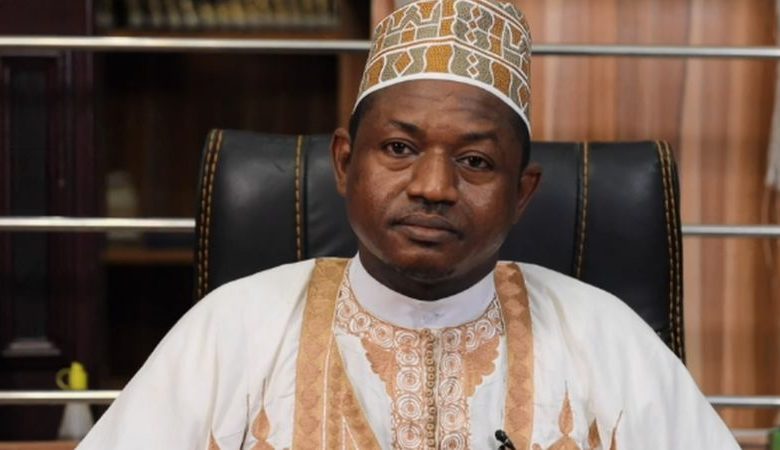Kano fixes March 7 for Sheikh Abduljabbar, Ulamas debate
Sheikh Abduljabbar was earlier in the month debarred from preaching in the state for his mode of teachings considered too incendiary.

Sheikh Abduljabbar Nasiru Kabara
The Kano State government has fixed March 7 for the debate between Sheikh Abduljabbar Nasir Kabara and other Islamic scholars in the state.
The state’s Commissioner for Information, Malam Muhammad Garba, told Daily Trust on Sunday that both Sheikh Abduljabbar and the Council of Ulamas have been served with the letter indicating the schedule for the debate.
He said those who will moderate the debate, which will take place at the palace of the Emir of Kano, have been carefully selected.
Garba further said although the dialogue/debate was at the instance of Sheikh Abduljabbar and the other scholars, the state government acted as facilitator by providing the venue for the dialogue and the necessary security for the overall safety of the exercise, before, during and after.
Earlier in the month, Sheikh Abduljabbar was debarred from preaching in the state for his mode of teachings considered too incendiary.
The state government had also shut down all the seminaries run by the cleric pending investigation by security agencies.
It also directed all broadcast stations and social media platforms to abstain from airing inflammatory preaching, sermons, propagation and any other religious discussions in the interest of peace.
The cleric has been known for controversial messages and reported attacks on the companions of Prophet Muhammad PBUH.
He had said he was banned because he worked against Gov Abdullahi Ganduje’s 2019 reelection.
Clerics from other sects have also protested against the acts and messages of Abduljabbar in their Friday sermons, which according to them, look like Shiite practices.
Among those who have publicly spoken against Abduljabbar is his brother and leader of the Qadariyya movement, Sheikh (Dr) Qaribullahi Nasiru Kabara.
Sheikh Abduljabbar had, however, demanded for a debate with the other scholars on the contentious topics, a call that state government and the Council of Ulamas later agreed with.
